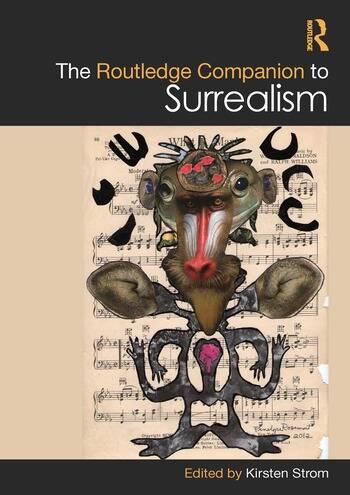Marco Polo Juárez Cruz

PhD Candidate, Twentieth-Century Latin-American and American Art, Art History and Archaeology
PhD Student, Latin American and Caribbean Studies Center
Education
M.A., Art History, with Mencion Honorifica, Universidad Nacional Autonoma de Mexico
B.A., Architecture, Universidad Nacional Autonoma de Mexico
Research Expertise
African American/African Diaspora
Modern and Contemporary Art History
Race/Ethnicity
The Americas
Marco Polo Juárez Cruz is a Ph.D. candidate specializing in twentieth-century Latin-American art on the advice of Prof. Abigail McEwen.
He is primarily interested in the emergence of abstraction in the Americas and its relationship with national identities, cultural policies in the Cold War era, artistic groups, and institutions. His dissertation—Routes and Networks of Mexican Abstraction across the Americas (1958-1970)—delves into the transnational dialogues of Latin American modernisms by studying the artistic projects of abstract artists based in Mexico City.
Marco Polo received his BA in Architecture from Universidad Nacional Autonoma de Mexico (UNAM) in 2009 and earned his master’s degree in Art History from UNAM in 2018, with Mencion Honorifica. Marco Polo has collaborated in research projects of the Art Museum of the Americas (Washington DC), the Museo de Arte Moderno (Mexico City), the Academia de San Carlos, and UNAM’s Instituto de Investigaciones Esteticas. Before enrolling at the University of Maryland, he was the Head of the Exhibitions Department in the Museo Nacional de Culturas Populares (Mexico City), and participated in curatorial projects of the Fondo Nacional para el Fomento de las Artesanias.
Marco Polo is part of UMD’s Latin American and the Caribbean Studies Center Graduate Collective, where he fosters spaces of collaboration and support among Latin American and Latinx graduate students.
Publications
The Surrealist Experience of Indigenous North America: A Second "Discovery" of the Americas
Marco Polo Juarez explores intersections of North American indigeneity and surrealism
Author/Lead: Marco Polo Juá…Non-ARHU Contributor(s): Edited By Kirsten Strom
This book provides a conceptual and global overview of the field of Surrealist studies. Methodologically, the companion considers Surrealism’s many achievements, but also its historical shortcomings, to illuminate its connections to the historical and cultural moment(s) from which it originated and to assess both the ways in which it still shapes our world in inspiring ways and the ways in which it might appear problematic as we look back at it from a twenty-first-century vantage point. Contributions from experienced scholars will enable professors to teach the subject more broadly, by opening their eyes to aspects of the field that are on the margins of their expertise, and it will enable scholars to identify new areas of study in their own work, by indicating lines of research at a tangent to their own.
The companion will reflect the interdisciplinarity of Surrealism by incorporating discussions pertaining to the visual arts, as well as literature, film, and political and intellectual history.


